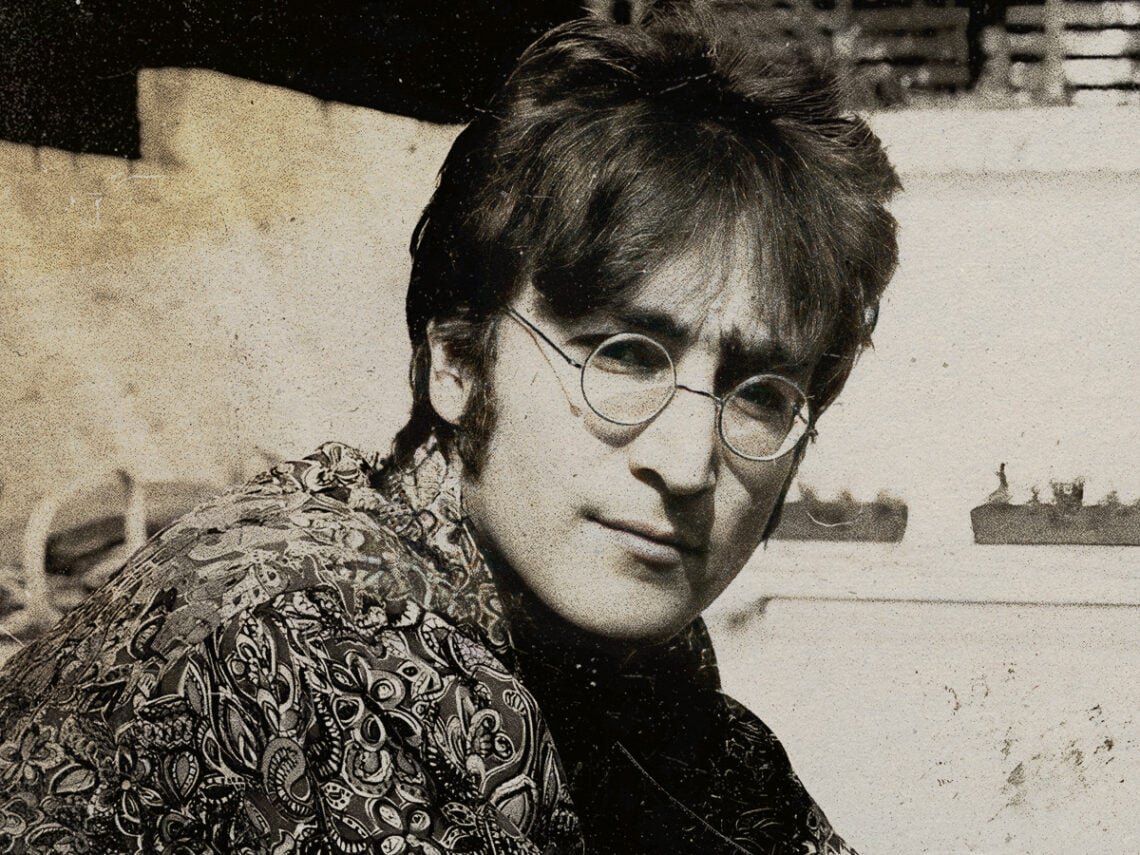Crafting a song, at times, proves to be a prolonged and intricate process. Even seasoned artists face challenges, grappling with creative stumbling blocks that hinder the perfect realization of a track. In the realm of music creation, even iconic bands like The Beatles encountered moments when a song almost eluded their mastery.
During the nascent phase of John Lennon and Paul McCartney’s songwriting journey, music theory was uncharted territory for them. Gifted with an innate melody-making prowess, they initially crafted songs heavily influenced by their musical idols, drawing inspiration from the likes of Buddy Holly, Little Richard, and others.
While the success of their debut single, ‘Love Me Do,’ catapulted them to fame, their early albums showcased a mix of Lennon/McCartney originals and covers of classic rock and roll. A turning point arrived with their first feature film, ‘A Hard Day’s Night,’ where the band exclusively contributed songs penned by its members.
Beyond their signature British rock and roll sound, The Beatles experimented with the structure of their ballads. McCartney’s romantic odes, such as ‘And I Love Her,’ contrasted with Lennon’s more guarded approach, exemplified in songs like ‘If I Fell.’
When Lennon tackled the final track, ‘I’ll Be Back,’ he candidly admitted to facing challenges during the recording. Listening to the Anthology demos, a rough draft captures Lennon singing the song’s second bridge before his voice falters, exclaiming, “[It’s] too hard to sing.”
The primary obstacle stemmed from how the band internalized the rhythm. Initially attempted in waltz time, every note of the song was elongated, straining Lennon’s breath support. Although the song eventually found its signature smooth shuffle, the struggle underscored Lennon’s experimentation with time signatures, a trait observed in songs like ‘Don’t Let Me Down’ (in 5/4) and ‘All You Need Is Love’ (in 7/4).
Interestingly, the flirtation with waltz time resurfaced later, with George Harrison suggesting its reuse in the B-section of ‘We Can Work It Out.’ The collaborative nature of The Beatles is exemplified in the challenges faced and overcome during the recording of ‘I’ll Be Back,’ showcasing the synergy and unity that defined the Fab Four’s creative process.
